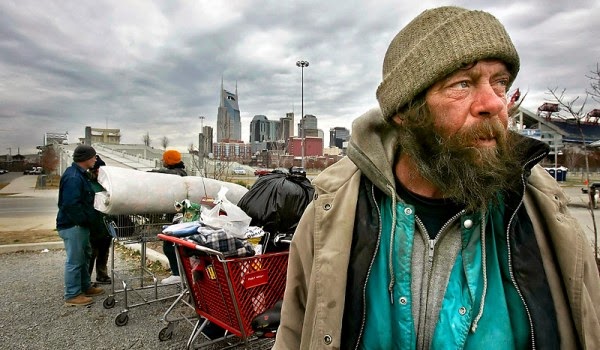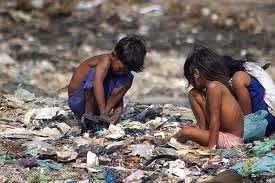 |
| Islamabad |
In the Bible, Jesus states “For you always have the poor with you, but you will not always have me.”
Here Jesus makes a statement in reference to helping the poor after someone uses an expensive perfume to anoint his feet. In context he is defending the person who has shown him great honor, but his claim that there will always be poor in need of help speaks to a universal situation that has existed since the earliest days of humanity.
In our world today, over 3 billion people live on less than $2.50 a day (that is less than $1,000 a year). Approximately 80% of the worlds population lives on less than $4,000 a year (or less than $10 a day).
22,000 children die each day as a result of poverty. Nearly 1 million people die each year as a result of malaria; 90% of those deaths occur in Africa.
2.6 billion people live without proper water sanitation. Over 1 billion people do not live with adequate supply of water. 1.8 million children die each year as a result of diarrhea due to the lack of proper water sanitation.
These statistics may speak greatly about the lack of proper nutrition and development in third world countries, but our own is not free from problem.
In the last decade, the poverty rate has risen 40% in the Dallas area alone. The median income of single parent homes also fell $28,000 a year in 2000 to $19,500 a year in 2012.
What exactly is poverty?
Poverty is defined as living below the standard comfortable norm in a society, usually as a result of the lack of money. Typically those living in poverty have no sufficient means of support. The impoverished often suffer from a number of health concerns such as diseases like malaria, they battle hunger daily (currently over 1 billion people go to bed hungry each night), they tend to be under-educated and in some places have no opportunity to go to school or learn to read (lack of education also leads to higher rates of juvenile delinquency), and often have little to no consistent shelter (over 100 million children in the world are considered street children).
Another problem related to poverty is the increased risk for abuse such as being sold into slavery and becoming a victim of human trafficking. Much of the human trafficking problem is associated with sex trade and prostitution.
Some of the major causes of poverty are linked to political corruption (especially in third world countries), lack of education, choosing to grow tobacco rather than other kinds of foods, and even food dumping when not done for relief in emergency situations.
 |
| Nearly 50 Million in the U.S. are now in Poverty |
What is the Christian responsibility for helping to alleviate poverty?
In the Old Testament, the Law states in Leviticus 19:9-10, “When you reap the harvest of your land, you shall not reap your field right up to its edge, neither shall you gather the gleanings after your harvest. And you shall not strip your vineyard bare, neither shall you gather the fallen grapes of your vineyard. You shall leave them for the poor and for the sojourner: I am the Lord your God.”
In other words, it requires those with all they need to purposely leave some grain for the poor to reap without charge.
Later, Leviticus 25:35 commands, “If your brother becomes poor and cannot maintain himself with you, you shall support him as though he were a stranger and a sojourner, and he shall live with you.”
In other words, the people were to aid the less fortunate with food, shelter, and clothing.
Proverbs 29:7 states, “A righteous man knows the rights of the poor; a wicked man does not understand such knowledge.”
The idea behind this proverb is that a righteous person is not to take advantage of the poor, but to stand on their behalf and provide to them the support needed to have the basic necessities all humans require to survive.
Thus Christians should, take from their excess to aid those who are less fortunate. They should aid in providing food, shelter, and clothing, and they should refrain from taking advantage of the poor.
I would also suggest that Christians do what they can to help educate and equip those in poverty to stand on their own. I have also written before about the need to provide access to clean water.
On a final note, while over 3 Billion people live in physical poverty, over 4 Billion people live in spiritual poverty. There are approximately the same number of Christians in the world that there are of people who live without proper water sanitation. As you think about helping those who are less fortunate, think also about what you can do to help those who are spiritually destitute. Think about how you can help meet both spiritual and physical needs. Think about how your aid to the poor can also open the way for the kingdom of God.
Sources:
http://www.globalissues.org/article/26/poverty-facts-and-stats
https://www.dosomething.org/facts/11-facts-about-global-poverty
http://keranews.org/post/dallas-poverty-has-skyrocketed-over-past-decade






